And, suddenly, like magic, we are transported to the streets of my youth.
We are in Govanhill, surrounded by reddish stone tenements. Stopping to have a chat with a friendly stranger or pet a dog. One van, one plane, two days, four countries and the whole family is “home”.
On this sunny, blustery day (we’ve already unpacked our jumpers) we’re on our way to Queen’s Park, for the Govanhill Baths International Festival.
Inside the gates, two young men have made robots, looking like a tiny colony of metal stick insects, that can play drums on any surface – a bin, a Tennent’s can, one hammering away on the ornate railings. They let kids, including my own toddler, bash away at their iPad screen controlling the robot drummers and they tap, tap, tap, away a different beat.
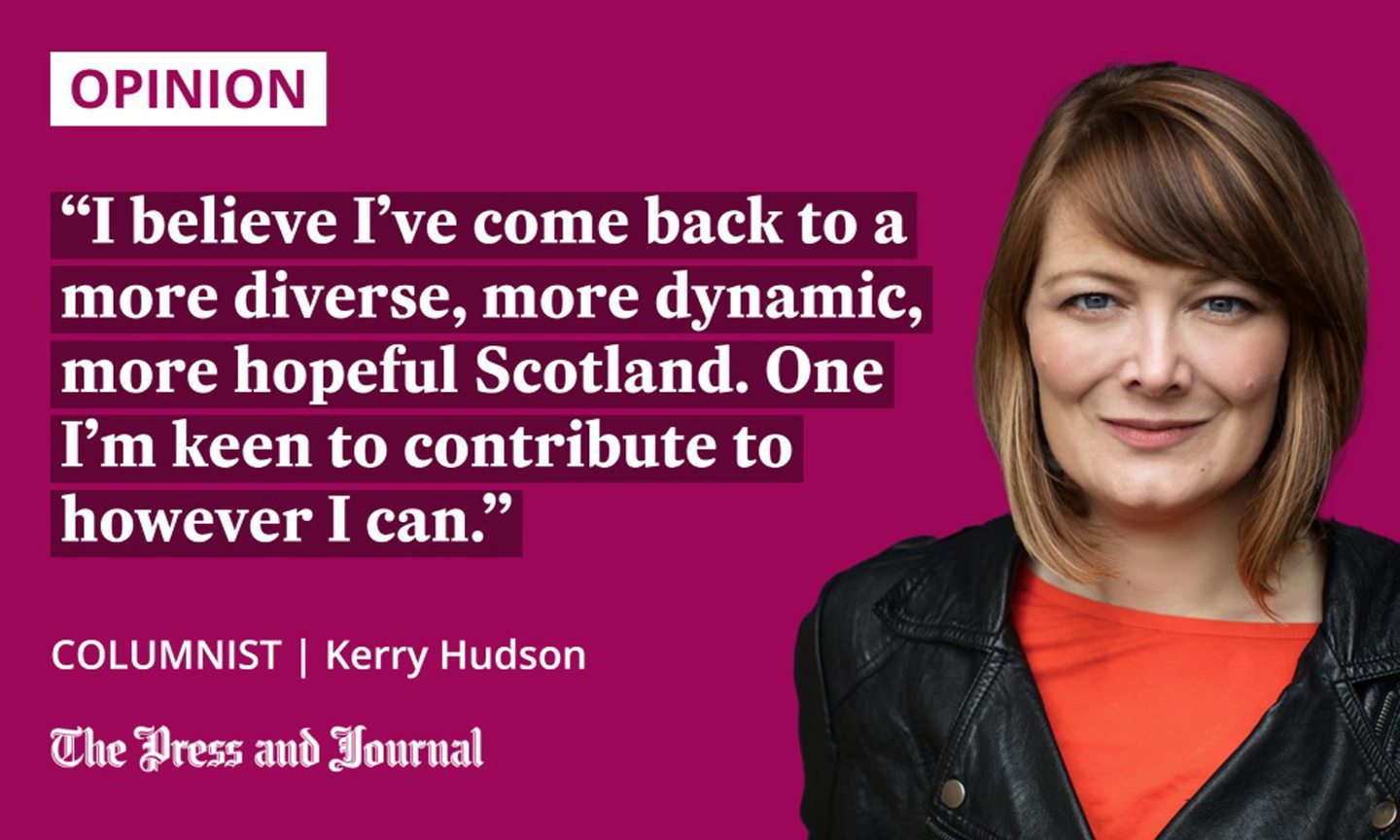
Inside the park, my son watches, bewitched, as musicians sit on the grass, playing a handpan, a sitar and a harmonium, three instruments he has never seen or heard before. He stoats over and chucks a pound in the basket for a local hospice.
On the green, there are bouncy castles, Unite the Union has laid out giant snakes and ladders, three tiny horses circle a small paddock. Grassroots community groups hand out flyers – a Stand Up To Racism street concert, an anti-fossil fuel talk, a protest against Scottish Power. Children all run around with paper Scotland flags held aloft, fluttering in the wind
It is in this moment I know I am properly home. We’ve, somehow, found the place we’re meant to be.
A more diverse and hopeful Scotland
In many ways this is surprising. We moved hoping for the best, of course, but readers of this column will know that I do not have particularly happy memories of much of my childhood in Scotland, spent in some of its poorest and most marginalised council estates in Aberdeen and Lanarkshire.
The fear of inadvertently giving my son a similar upbringing has, inevitably, been at the back of my mind. But, I believe I’ve come back to a more diverse, more dynamic, more hopeful Scotland. One I’m keen to contribute to however I can.
Such a beautiful day @GovanhillBaths International Festival Carnival. Deeply moved by the warmth, openness & vibrancy of our new city… pic.twitter.com/tRWBR8Xqkm
— Kerry Hudson (@ThatKerryHudson) August 6, 2022
It’s perhaps appropriate, then, that our first post the day after we arrived was the anthology, Imagine A Country, edited by Val McDermid and Professor Jo Sharp. When Val contacted me inviting me to contribute a piece, it was, as you can imagine, quite a giddy day. I’m a huge admirer of Val’s, and if she’d sent me her shopping list and told me to go buy it for her I would still have been thrilled.
In her email, she said: “We’re asking contributors to Imagine A Country to do just that, to dare to dream about the kind of country we all want to live in, a country that doesn’t exist yet.”
What do we need to make a better society?
When I wrote my contribution, I was in the thick of a book tour for my memoir, Lowborn, encompassing more than 100 events, from readings at the London Palladium to visiting Childline in Aberdeen and performing chunks from chippy vans in the Highlands.
Abir Mukherjee imagines a Scotland ‘where the spectre of poverty is eradicated. Where each and every child and adult is given the opportunities that Scotland gave me and my family’
No matter where I went or who the audience were, we all agreed that there were fundamentals needed to make a decent society truly thrive: a welfare net that actually works as it should to raise people up from both temporary and generational poverty; access to affordable, good quality housing; and free, high quality education, where both schools and teachers are given the resources to their job as well as we know they can. So, this was what I wrote: give us these things and we’ll make a better society.
Elsewhere in the anthology, which includes a host of Scottish literary figures as diverse as contemporary Scotland itself, Alan Cumming asks us to imagine “a country, our country, where voting was compulsory. Where we have a day off work to make sure we can do it. Where the political process is hallowed and our participation is a civic duty”.
Abir Mukherjee imagines a Scotland “where the spectre of poverty is eradicated. Where each and every child and adult is given the opportunities that Scotland gave me and my family”.
AL Kennedy, meanwhile, wishes many things for her imagined “good country” but, in her closing statement, says: “In our country, in our good country, we will seek to do no harm. We will love each other, as best we can. We will fail and then fail better. We will cherish proportionate hope.”
As we grow, we progress
It is this idea of proportionate hope that prevails for me. I’m under no illusions that our family has set up home in a utopia, as delighted as I am that we have been met with such warmth and kindness. But, I do truly believe that, for the most part, as we grow we progress. I believe it because I’ve lived that reality myself.
Housing, welfare, education accessible to all. The eradication of poverty. Proportionate hope. A country where we do not harm, and we love each other.
Very appropriate this is some of the first post in our new home…look at this beautiful anthology of hope & aspiration. Edited by @valmcdermid & Jo Sharpe. A joy to contribute to… pic.twitter.com/H3UX8P7YbO
— Kerry Hudson (@ThatKerryHudson) August 5, 2022
And, if these don’t come easily, as the most essential things so often don’t, then we’ll persist in fighting for them together, shoulder to shoulder. We shouldn’t have to, but I’m so glad there are people in the community doing so, and I’m delighted to be able stand beside them once again and Imagine a Country.
Kerry Hudson is an Aberdeen-born, award-winning writer of novels, memoirs and screenplays
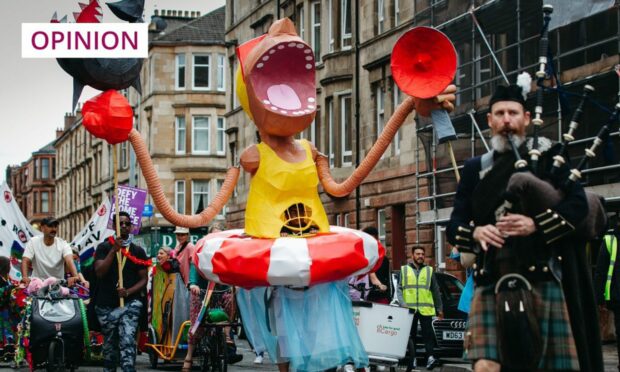
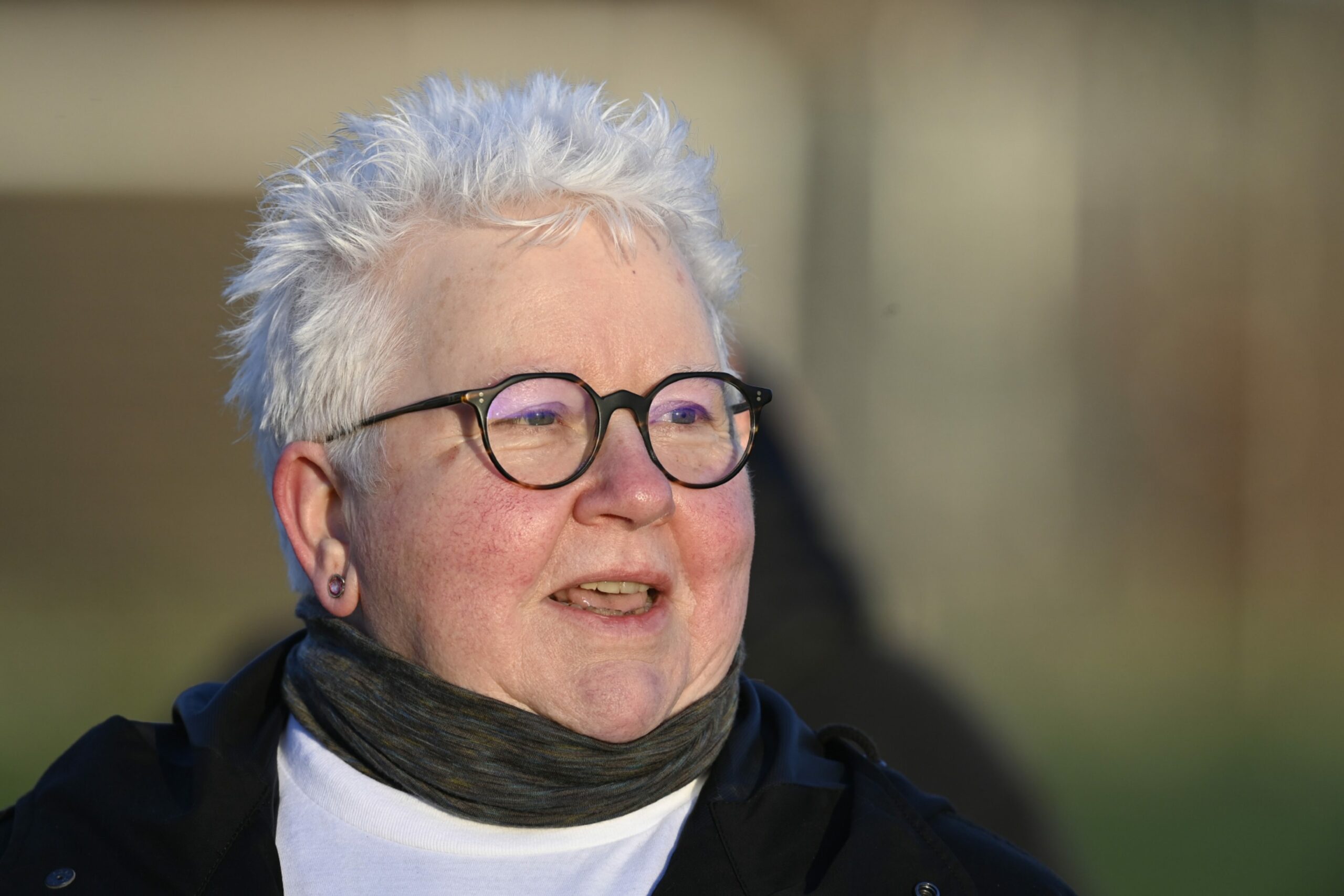
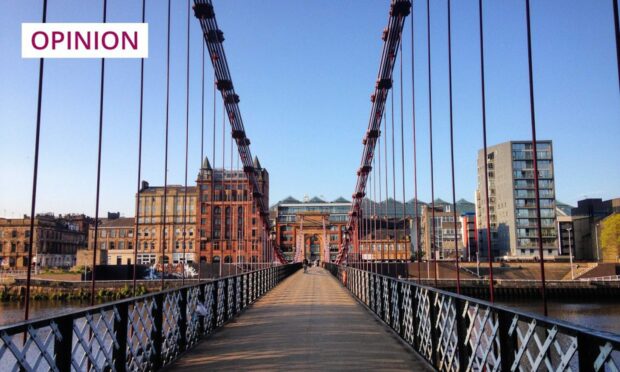
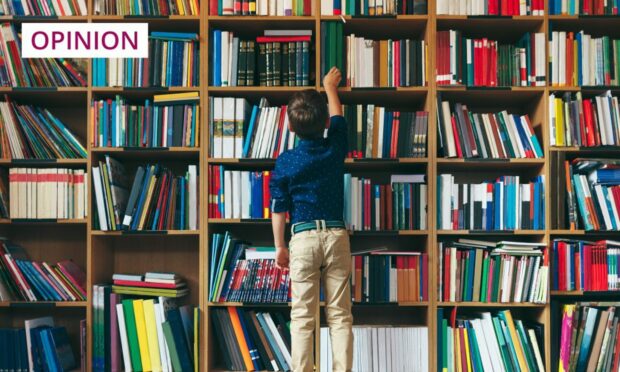
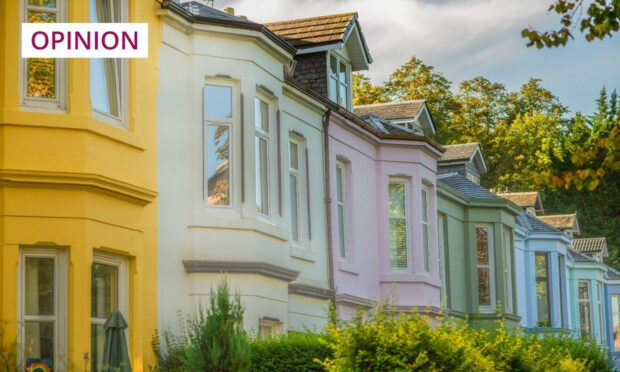
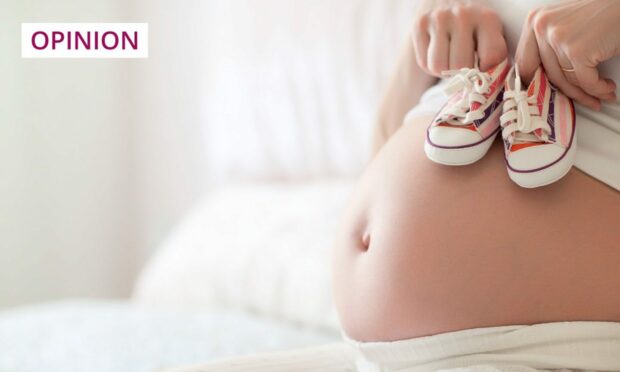
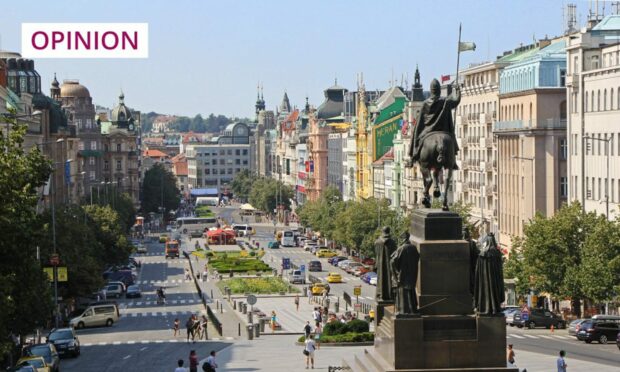
Conversation